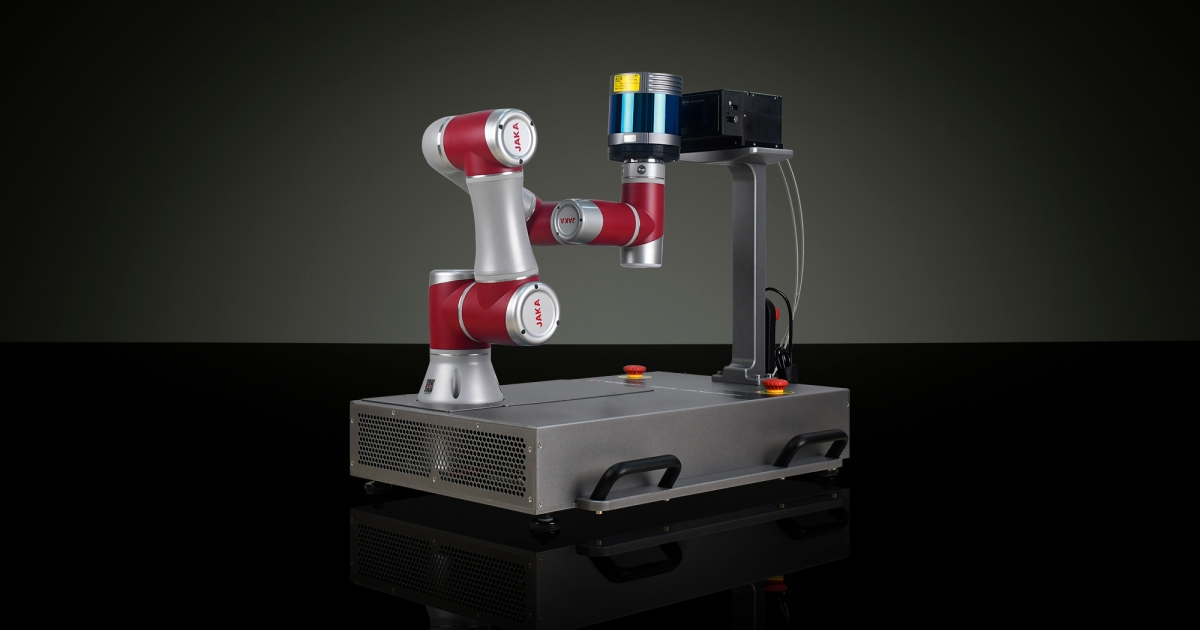
If you’ve spent time talking about, researching, or full-on implementing automation, quality control or nearly any type of machine vision applications, I’d bet the topic of LiDAR has popped up at least a few times.
LiDAR (aka Light Detection and Ranging – or “Laser” in place of “Light,” definitionally) technology measures variable distances via remote sensing (i.e. collecting data by detecting the energy reflected from the planet). The term was coined and made well-known between the 1960s and 1980s, the tech itself is eye-safe, and Time of Flight (ToF) and LiDAR Processing Units (LPUs) factor into calculating precise measurements for 3D maps, warehouse monitoring, environmental solutions and more in Industry 4.0
In past articles, I’ve covered LiDAR capabilities in terms of critical infrastructure support, automotive grade solid-state LiDAR perception, LiDAR software and even automated LiDAR classification to consolidate the work of multiple analysts down and save time and resources.
Today, we’re touching on an automation that incorporates industry automakers in IoT (the Internet of Things).
Enter Keysight Technologies.
In addition to providing design, emulation and test solutions to connect and secure the world we work and live in (via software, digital multimeters, oscilloscopes, network and spectrum analyzers, signal generators and more), in Keysight’s portfolio are also tools for validating autonomous driving processes.
In this vein, Keysight has announced an expansion of these validation solutions with its “E8717A Lidar Target Simulator” (LTS). The Keysight LTS enables automakers and LiDAR sensor manufacturers to thoroughly test and validate sensors for autonomous vehicles.
This isn’t the first time LiDAR’s use cases have bled into automotive sensing tech; when autonomous vehicles can “see” and safely navigate through complex driving scenarios, you know there’s already a market for that. LiDAR can boost the detection reliability of advanced driver assistance systems (ADAS), reassuring those involved in production before commercial deployment.
Additionally (during such production and testing phases), what’s typically required is a large floor space and traditional target boards. And, per Keysight, the industry is “also simultaneously faced with reducing sensor costs and scaling to mass production while ensuring that all compliance standards are met.”
The Keysight LTS is up to the task when it comes to addressing these IoT challenges.
By simulating test targets at a defined distance and reflectivity via a compact kind of automated, standardized benchtop like the Keysight LTS, testing can be accelerated (and the validation of sensors further streamlined).
The Keysight LTS design features:
- A compact bench setup that saves test floor space by simulating distances of targets “from 3 to 300 meters, and simulates surface reflectivity from 10% to 94%.” That’s quite a small footprint, in a manner of speaking, that covers large distances.
- Insightful analytics drawn from what the Keysight LTS makes possible improve sensor design and performance in the long haul. Keysight’s software generates “insightful analytics by sweeping reflected target distances to determine what design and performance improvements may be warranted.”
- Fully automated software with a cobot (aka a collaborative industrial robot that safely operate alongside human team members in a shared workspace). While the cobot provides precise device adjustments for testing, automation software “expedites throughput to support volume production.”
And, in the words of Thomas Goetzl, Vice President and General Manager for Keysight's Automotive & Energy Solutions:
“Keysight sees an exciting role that lidar can play in enabling autonomous vehicles to navigate more accurately with an extra sensor that complements cameras and radars. With the market’s first cobot-assisted lidar target simulator with variable distance and reflectivity simulation, we are ready to support a volume roll out of lidar with a scalable manufacturing test solution.”
Edited by
Greg Tavarez